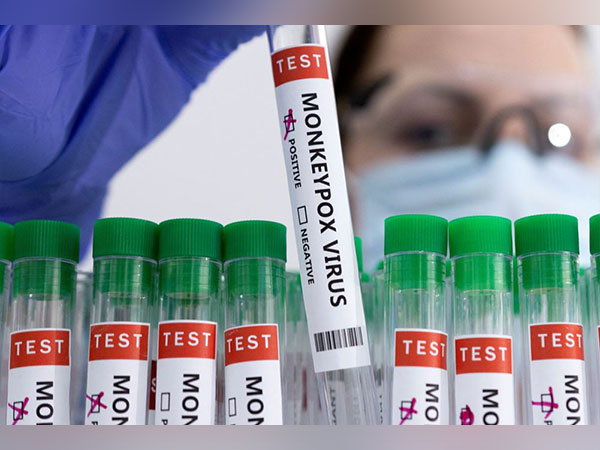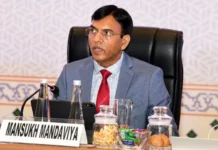GENEVA: A high-level World Health Organization (WHO) official on Tuesday said the rapidly spreading Monkeypox outbreak can be stopped with the right strategies.
“We do at this moment still believe that this outbreak of Monkeypox can be stopped with the right strategies in the right groups,” said Dr Rosamund Lewis, WHO Technical Lead on Monkeypox at a press briefing in Geneva.
However, she added that time was going by and all need to get together to combat the malady.
On Saturday, WHO Director-General Tedros Adhanom Ghebreyesus declared the spread of the virus to be a public health emergency of international concern (PHEIC), the organisation’s highest level of alert. “Through this, we hope to enhance coordination, cooperation of countries and all stakeholders, as well as global solidarity,” Lewis said.
WHO assessed the risk posed to public health by Monkeypox in the European region as high, but at the global level as moderate. This year, there have been over 16,000 confirmed cases of monkeypox in more than 75 countries. Lewis said the real number was probably higher.
She pointed out that in the Democratic Republic of the Congo, several thousand cases were suspected, but testing facilities were limited. “The global dashboard did not include suspected cases,” she said.
Until this year, the virus which causes Monkeypox has rarely spread outside Africa where it is endemic, UN News reported. But reports of a handful of cases in Britain in early May signalled that the outbreak had moved into Europe.
Lewis also pointed out that stigma and discrimination must be avoided, as that would harm the response to the disease.
“At the moment the outbreak is still concentrated in groups of men who have sex with men in some countries, but that is not the case everywhere,” she said. “It is really important to appreciate also that stigma and discrimination can be very damaging and as dangerous as any virus itself,” she said.
Monkeypox could cause a range of signs and symptoms, including painful sores. Some people developed serious symptoms that need care in a health facility. Those at higher risk for severe disease or complications include pregnant women, children, and immunocompromised persons. According to Dr Lewis, WHO was working with member states and the European Union on releasing vaccines, and with partners to determine a global coordination mechanism. She emphasized that mass vaccination was not required.
She stressed that countries with manufacturing capacity for smallpox and Monkeypox diagnostics, vaccines or therapeutics should increase production. (ANI)







